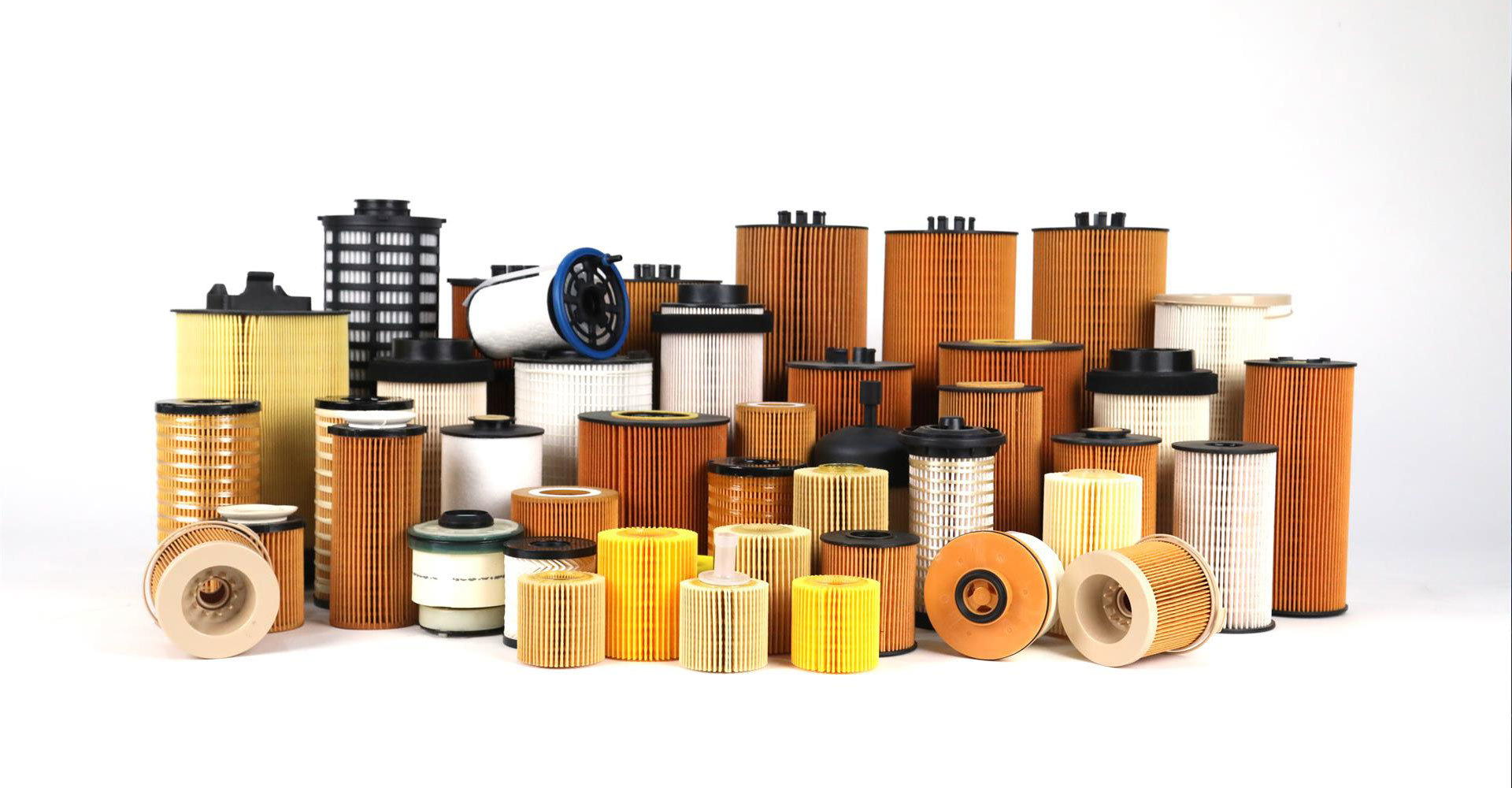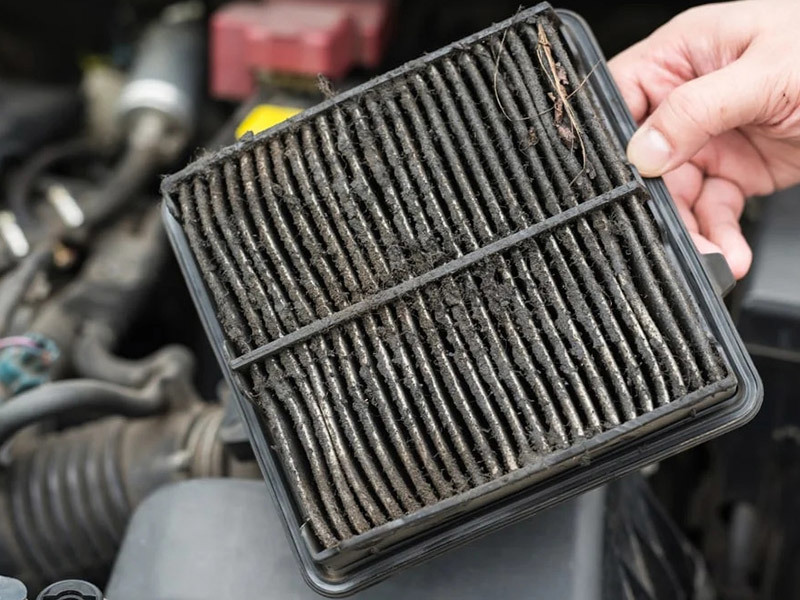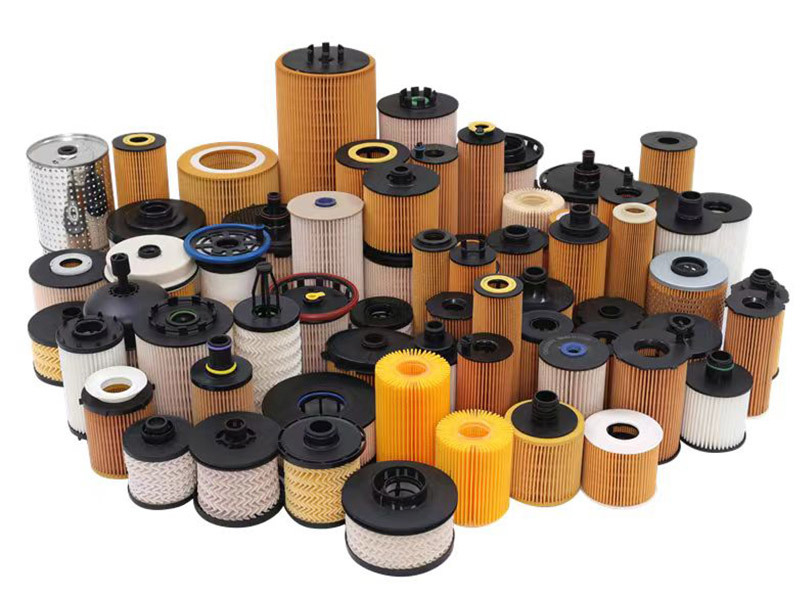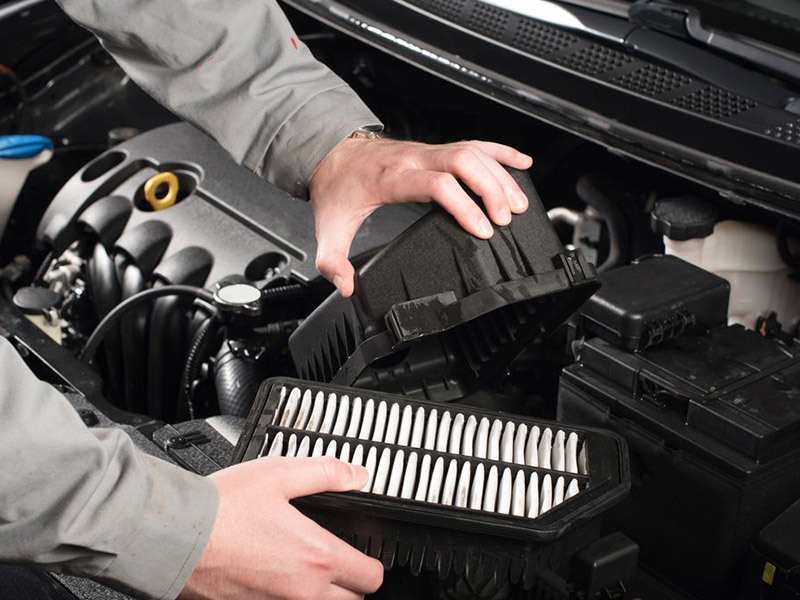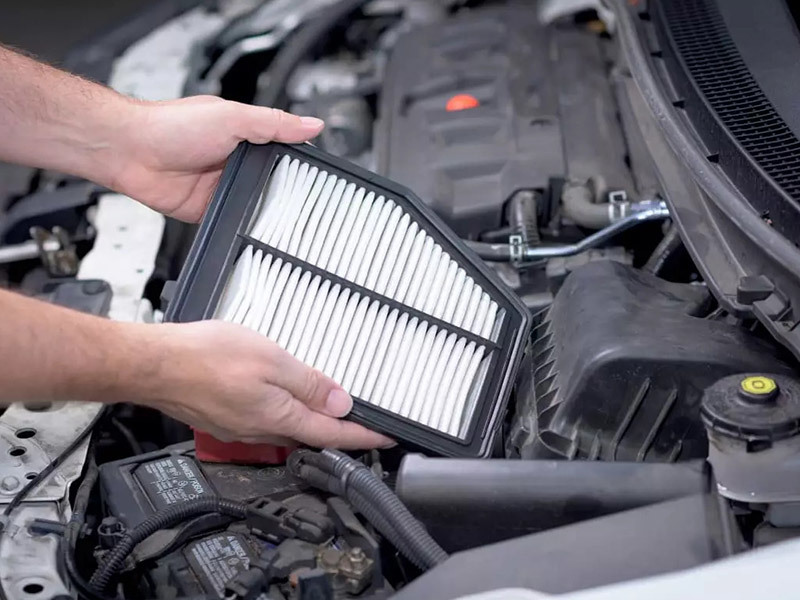Focus On Hot Spots
Contact Info
E-mail: tengsen@injenfilter.com
Business Phone: +86-18131928561
WhatsApp: +86-18131928561
Address: Ge Xianzhuang Zhen Wu Jia Na Cun Xi, Qinghe County, Xingtai City, Hebei Province
Unlocking the Secrets to Prolonging the Lifespan of Your Automotive Air Filters
Release Time:
Sep 17,2025
Unlocking the Secrets to Prolonging the Lifespan of Your Automotive Air Filters In the world of automotive maintenance, few components are as critical yet often overlooked as air filters. These small but mighty devices play a crucial role in ensuring your vehicle operates efficiently and maintains optimal performance. **Understanding how to prolong the lifespan of your automotive air filters** can
Unlocking the Secrets to Prolonging the Lifespan of Your Automotive Air Filters
In the world of automotive maintenance, few components are as critical yet often overlooked as air filters. These small but mighty devices play a crucial role in ensuring your vehicle operates efficiently and maintains optimal performance. **Understanding how to prolong the lifespan of your automotive air filters** can save you time, money, and hassle down the road. This detailed guide will delve into the importance of air filters, the factors affecting their lifespan, and practical tips for maximizing their longevity.
Table of Contents
- 1. The Importance of Automotive Air Filters
- 2. Types of Automotive Air Filters
- 3. Factors Affecting Air Filter Lifespan
- 4. Best Practices for Maintaining Air Filters
- 5. How to Clean and Replace Air Filters
- 6. Signs of a Failing Air Filter
- 7. Common Myths About Air Filters
- 8. Frequently Asked Questions
- 9. Conclusion
1. The Importance of Automotive Air Filters
Automotive air filters serve as the first line of defense against dirt, dust, and other contaminants that can harm your vehicle's engine. They prevent harmful particles from entering the engine's combustion chamber, where they can cause damage and reduce efficiency. A clean air filter is essential for optimal air-to-fuel ratio, improving fuel efficiency and engine performance. Regular maintenance of air filters not only prolongs their lifespan but also enhances your vehicle's overall health.
1.1 Enhancing Fuel Efficiency
When air filters are clogged, they restrict airflow, forcing the engine to work harder. This inefficiency can lead to an increase in fuel consumption. By maintaining a clean air filter, you can improve fuel efficiency by up to 10%. This translates to significant savings at the pump over time.
1.2 Protecting Engine Components
Dirty air filters can lead to increased wear and tear on engine components, resulting in costly repairs. By ensuring that air filters are clean and functioning correctly, you protect your engine from premature wear, ultimately extending its lifespan.
1.3 Improving Performance
A clean air filter contributes to improved engine performance. When your engine receives the right amount of air, it can perform optimally, providing better acceleration and smoother operation. This not only enhances your driving experience but also contributes to the longevity of your vehicle.
2. Types of Automotive Air Filters
Understanding the different types of air filters available can help you make informed decisions about which to use and how to care for them. The two most common types of automotive air filters are:
2.1 Paper Air Filters
Paper air filters are the most common type, made from pleated paper materials. They offer excellent filtration capabilities and are typically inexpensive. However, they are designed for single use and need to be replaced regularly to maintain performance.
2.2 Foam Air Filters
Foam air filters are reusable and can be cleaned and re-oiled for extended use. They tend to provide better airflow than paper filters, making them a popular choice among performance enthusiasts. However, they require more maintenance and care to ensure they remain effective.
3. Factors Affecting Air Filter Lifespan
Several factors can influence how long your automotive air filters last. Understanding these factors allows you to better maintain your filters and maximize their lifespan.
3.1 Driving Conditions
Your driving environment plays a significant role in air filter lifespan. Frequent driving in dusty or polluted areas can lead to quicker clogging of filters. If you often drive in such conditions, consider checking and replacing your air filters more frequently.
3.2 Vehicle Usage
Vehicles that are used for heavy towing, off-road driving, or high-performance activities may require more frequent air filter maintenance compared to those used for light commuting. The more strain you put on your engine, the more contaminants it draws in, requiring diligent care of your air filters.
3.3 Quality of the Air Filter
Investing in high-quality air filters can significantly impact their lifespan and performance. Cheaper options may not offer the same level of filtration and durability as premium filters. Always consider the manufacturer's recommendations and opt for quality products to ensure longevity.
4. Best Practices for Maintaining Air Filters
Proper maintenance can significantly extend the lifespan of your automotive air filters. Here are some best practices to keep your filters in top shape:
4.1 Regular Inspections
Regularly inspecting your air filters can help you catch potential issues before they become significant problems. Check your filters every few months, especially if you drive in dusty conditions. Look for discoloration or excessive dirt buildup.
4.2 Clean or Replace as Needed
Depending on the type of air filter, you may be able to clean reusable filters. Follow manufacturer instructions for cleaning and re-oiling foam filters. For paper filters, replace them when they appear dirty or at the recommended intervals.
4.3 Maintain a Clean Engine Compartment
Keeping your engine compartment clean can help minimize the amount of dirt and debris that enters the air filter. Regularly clean any buildup of dirt and leaves around the engine bay to provide better airflow and reduce contamination.
5. How to Clean and Replace Air Filters
Knowing how to clean or replace your air filters is essential for effective maintenance. Here’s a step-by-step guide:
5.1 Cleaning Foam Air Filters
- Remove the filter from the vehicle according to the owner's manual.
- Use a gentle soap solution and a soft brush to clean the filter, ensuring you remove all debris.
- Rinse the filter thoroughly with clean water and allow it to dry completely.
- Once dry, apply a light coat of filter oil and reinstall.
5.2 Replacing Paper Air Filters
- Locate the air filter housing and remove the cover.
- Take out the old filter and discard it.
- Insert the new filter, ensuring it fits snugly into the housing.
- Replace the cover and secure it according to the manufacturer's specifications.
6. Signs of a Failing Air Filter
Being aware of the signs of a failing air filter is crucial to maintaining optimal engine performance. Here are some common indicators:
6.1 Reduced Engine Performance
If you notice a decrease in acceleration or overall engine power, it may be time to check your air filter. A clogged filter can hinder airflow, leading to performance issues.
6.2 Decreased Fuel Efficiency
As mentioned earlier, a dirty air filter can lead to increased fuel consumption. If you find yourself filling up more often, inspect your air filter for clogs.
6.3 Unusual Engine Sounds
Listen for any odd noises coming from your engine. A failing air filter may cause the engine to work harder, leading to unusual sounds, particularly when accelerating.
7. Common Myths About Air Filters
Several myths surround automotive air filters that can lead to confusion. Here, we debunk some common misconceptions:
7.1 Myth: All Air Filters Are the Same
Not all air filters are created equal. Different vehicles and engines require specific types of filters for optimal performance. Always refer to your owner's manual for the correct filter type.
7.2 Myth: You Only Need to Replace Air Filters Once a Year
While annual replacement may be sufficient for some drivers, those who frequently drive in harsh conditions may need to replace their filters more often. Regular inspections are essential to determine the right replacement schedule for your vehicle.
7.3 Myth: Cleaning Air Filters Is Always Effective
While cleaning reusable air filters can extend their lifespan, not all filters can be cleaned effectively. Paper filters, for example, should be replaced rather than cleaned.
8. Frequently Asked Questions
8.1 How often should I replace my air filter?
Generally, it's recommended to replace your paper air filter every 12,000 to 15,000 miles. However, this can vary based on driving conditions and the manufacturer's recommendations.
8.2 Can I clean a paper air filter?
No, paper air filters are not designed to be cleaned. They should be replaced once they become dirty or clogged.
8.3 What happens if I don't replace my air filter?
If you neglect to replace your air filter, it can lead to decreased engine performance, reduced fuel efficiency, and potential engine damage due to contaminants.
8.4 Are reusable air filters worth it?
Reusable air filters can save you money in the long run, as they can be cleaned and re-oiled instead of replaced. However, they require more maintenance and attention.
8.5 How can I tell if my air filter is dirty?
A visual inspection is the best way to determine if your air filter is dirty. If it appears discolored or clogged with debris, it's time for a replacement.
9. Conclusion
Prolonging the lifespan of your automotive air filters is essential for maintaining your vehicle's performance, efficiency, and engine longevity. By understanding the importance of air filters, the factors that affect their lifespan, and implementing best maintenance practices, you can ensure your vehicle runs smoothly for years to come. Follow the guidelines provided in this comprehensive guide, and your air filters will thank you with improved performance, efficiency, and a healthier engine. Remember, taking care of your air filters is a small investment that yields substantial returns in vehicle maintenance.
Key words:


